vulcanization accelerators|a. thiazole class accelerators
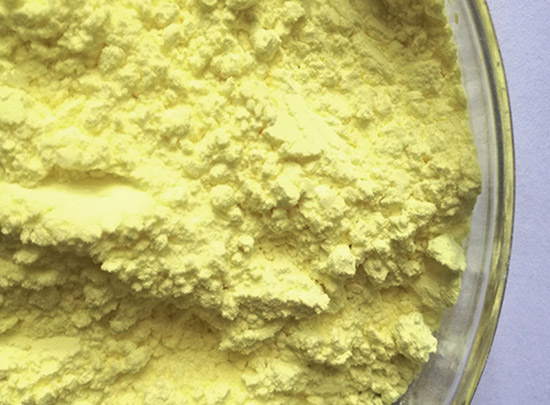
Vulcanization & Accelerators
Vulcanization & Accelerators Vulcanization is a cross linking process in which individual molecules of rubber (polymer) are converted into a three dimensional network of interconnected (polymer) chains through chemical cross links(of sulfur).
Send Inquiry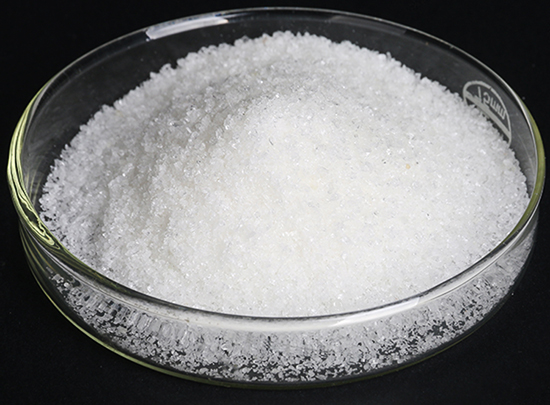
ASTM D4818 - 89(2017) Standard Classification for Rubber
3.2 Class 2, Thiazoles— Thiazole derivatives are versatile vulcanization accelerators that are widely used in the rubber industry either alone or in combination with other accelerators. 3.3 Class 3, Guanidines— The guanidines have little importance as primary vulcanization accelerators, except for thick-sectioned goods, because of a typically slow vulcanization rate.
Send InquiryVulcanization - an overview | ScienceDirect Topics
Vulcanization accelerators, in simplest terms, hasten the cleavage of the sulfur ring and formation of thiyl and polysulfenyl radicals. The accelerators react in the form of their more active zinc salts, due to the nearly ubiquitous presence of zinc oxide in sulfur vulcanized compounds.
Send Inquiry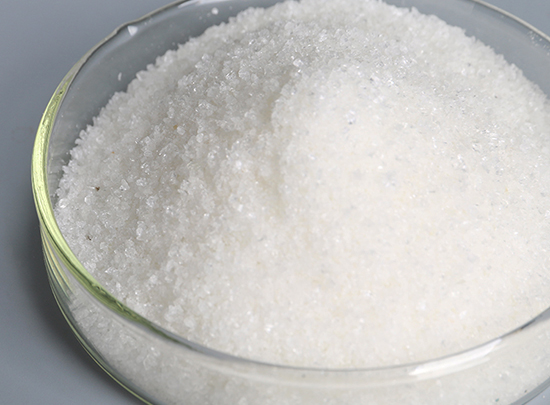
Thiazole Class Rubber Accelerators - Knowledge - Liuyang
All thiazole accelerators can be further boosted to increase speed of vulcanisation by using small quantities of basic accelerators such as DPG, DOTG, TMTM, TMTD, ZDC, etc . Thiazole accelerators can be retarded using small proportion of Pilgard PVI or other retarders like NDPA, pthalic anhydride, salicylic acid, etc.
Send InquiryUS5486613A - Vulcanization accelerators
The present invention relates to vulcanization accelerators constituted by compounds, derived from secondary amines, belonging to the class of enamines and to a process for their preparation.
Send Inquiry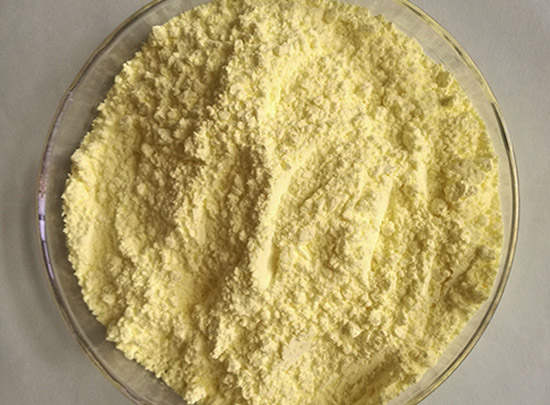
ASTM-D4818 | Standard Classification for Rubber
3.3 Class 3, Guanidines— The guanidines have little importance as primary vulcanization accelerators, except for thick-sectioned goods, because of a typically slow vulcanization rate. As secondary accelerators they are used with other accelerators of the thiazole class. These resulting combinations vulcanize faster and give higher levels of vulcanization than do their individual constituents ...
Send InquirySulfenamide Class Rubber Accelerators - Knowledge
The sulfenamide class accelerators include CBS, TBBS, MBS, DCBS etc. and are most popular in the tire industry due to their delayed action as well as faster cure rate offered by them during vulcanization of rubber compounds containing furnace blacks.
Send Inquiry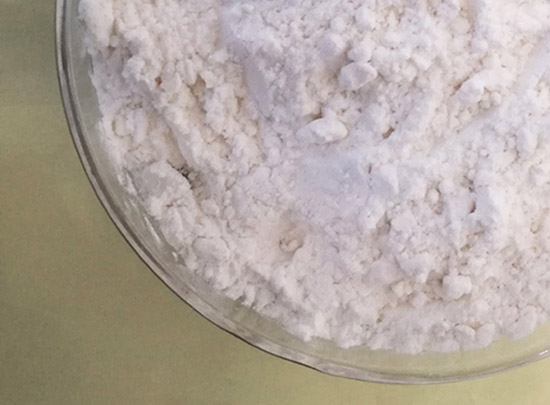
Thiazole Type Accelerator Effects on Silane/Silica Filled
Thiazole Type Accelerator Effects on Silane/Silica Filled Natural Rubber Compound upon Vulcanization and Mechanical Properties. Crude MBTs contain some amounts of impurities of aniline derivatives which can lead to COD. That is, wastewater includes NaMBT, MBT, and MBTs etc., and they are insoluble except NaMBT [2].
Send InquirySULFUR VULCANIZATION OF NATURAL RUBBER FOR BENZOTHIAZOLE
The chemistry of accelerated sulfur vulcanization is reviewed and a fundamental kinetic model for the vulcaniza-tion process is developed. The vulcanization of natural rubber by the benzothiazolesulfenamide class of accelerators is studied, where 2-(morpholinothio) benzothiazole (MBS) has been chosen as the representative accelerator. The reaction
Send InquiryThe common accelerators in producing rubber
The common accelerators in producing rubber. According to the chemical structure of rubber accelerator which is usually divided into eight categories: thiazole, thiuram, sulfenamide, guanidine, dithiocarbamates, aldehyde amine, xanthogenate and thiocarbamides. It also can be divided into super speeding grade, speeding, be level,...
Send InquiryVulcanization Accelerators - polymerdatabase.com
Vulcanization Accelerator. is a compound that increases the speed of vulcanization and that enables vulcanization to proceed at lower temperature and with greater efficiency. Vulcanization accelerators can be classified as primary and secondary accelerators. Important primary accelerators include thiazoles and sulfenamides.
Send Inquiry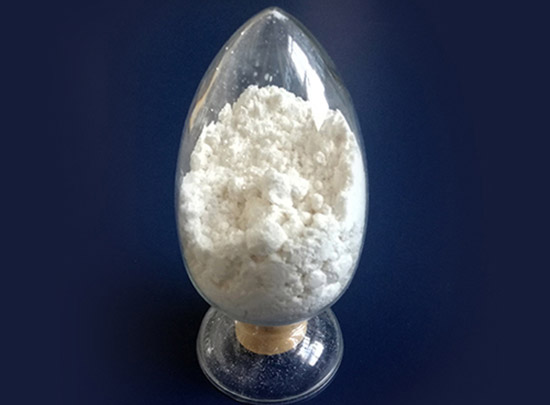
ASTM D4818 - 89(2017) Standard Classification for Rubber
3.2 Class 2, Thiazoles— Thiazole derivatives are versatile vulcanization accelerators that are widely used in the rubber industry either alone or in combination with other accelerators. 3.3 Class 3, Guanidines— The guanidines have little importance as primary vulcanization accelerators, except for thick-sectioned goods, because of a typically slow vulcanization rate.
Send Inquiry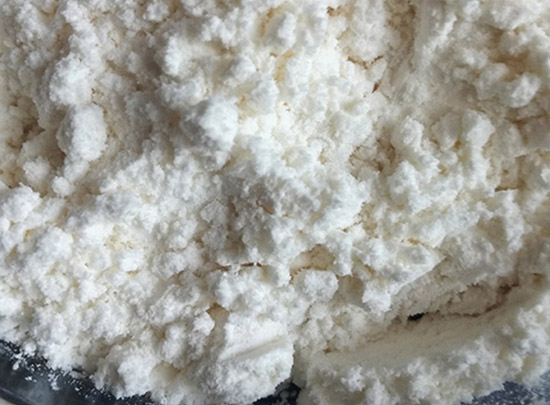
Vulcanization - an overview | ScienceDirect Topics
Vulcanization accelerators, in simplest terms, hasten the cleavage of the sulfur ring and formation of thiyl and polysulfenyl radicals. The accelerators react in the form of their more active zinc salts, due to the nearly ubiquitous presence of zinc oxide in sulfur vulcanized compounds.
Send Inquiry
Select Accelerators for Rubbers - SpecialChem
Accelerators are critical components in adhesive and sealant formulations. This guide explores selection of accelerators according to elastomers and curing properties. To help you select the right accelerator for a particular elastomer, this guide will apprise you with rubber vulcanization, classification of accelerators, selection matrices, starting point formulation and much more.
Send InquiryCommon Vulcanization Accelerators
Vulcanization Accelerator is a compound that increases the speed of vulcanization and that enables vulcanization to proceed at lower temperature and with greater efficiency. Vulcanization accelerators can be classified as primary and secondary accelerators.
Send InquiryTop Rubber Chemicals | Chemtradeasia India Blog
Among the vulcanization accelerators a class exists of products which are defined as “ secondary accelerators “, useful as activators for thiazole-based primary accelerators. Example of such products is diethylamine. It is used to produce vulcanization accelerators such as zinc diethyldithiocarbamate and tetraethylthiuram disulphide.
Send Inquiryacceleratorsand acceleratorsystems
secondary accelerator to derive maximum levels of processing safety and vulcanization rate. ThiazoleTypes Raw materials for thiazoles are aniline, carbon disulfide, and sulfur. The chief thiazole accelerators are 2-mercaptobenzothiazole (MBT), benzoth-iazole disulfide (MBTS), and the zinc salt of 2-mercaptobenzothiazole.
Send Inquiry
Effect of zinc dithiocarbamates and thiazole-based
Investigations have been carried out on the effect of several zinc dithiocarbamates in the presence of thiazole-based accelerators in the vulcanization of natural rubber (NR), keeping in mind the
Send Inquiry